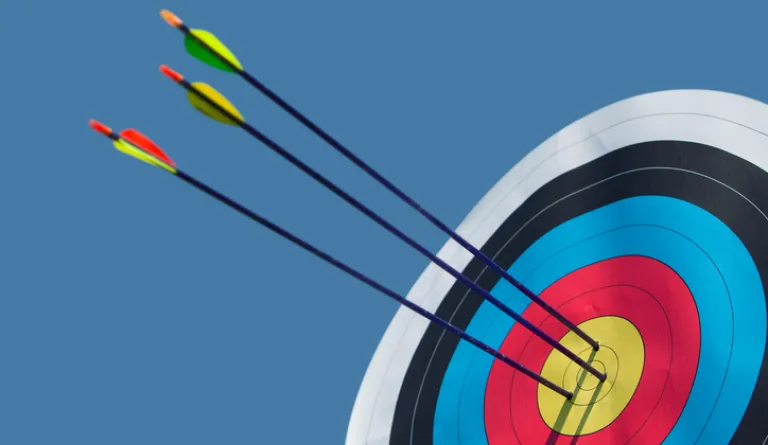The Courts Are the Bulwark of Democracy

Judge Neil Gorsuch’s testimony before the Senate Judiciary Committee hearing this week underscored the difference between elected officials and judges.
He repeatedly declined to answer questions about his personal views, because his personal views are not relevant to the job of judging. Bullseye. He declined to express his opinion of various precedents—which one might be more important than another. Bullseye again. He repeatedly swore to uphold the law, irrespective of the parties before him. Bullseye.
The lawmakers do not seem to understand that the oath to uphold the law cuts both ways. It might cause a judge to rule against the President, or against an autistic child. As Judge Deanell Reece Tacha (U.S. Court of Appeals for the Tenth Circuit, Ret.) observed in her testimony—the heartstrings may pull one way, but for a judge, the law must always prevail. The question is not how sympathetic the party might be, or even how sympathetic the cause might be: the question is what does the law require.
We at IAALS spend our days (and nights) developing and implementing recommendations to improve the courts, to improve access to justice, and to improve judicial selection processes. We also dedicate ourselves to protecting the courts, and screaming from the ramparts about the importance of judicial independence.
In this week, when national attention is focused on Judge Gorsuch and the courts, we want to applaud Judge Gorsuch for his dignity, his grace, and his judicial independence.
May we all enjoy a deeper understanding of the gulf between a judge and an elected official—between a representative of the people’s interests and an adjudicator of equal justice.
